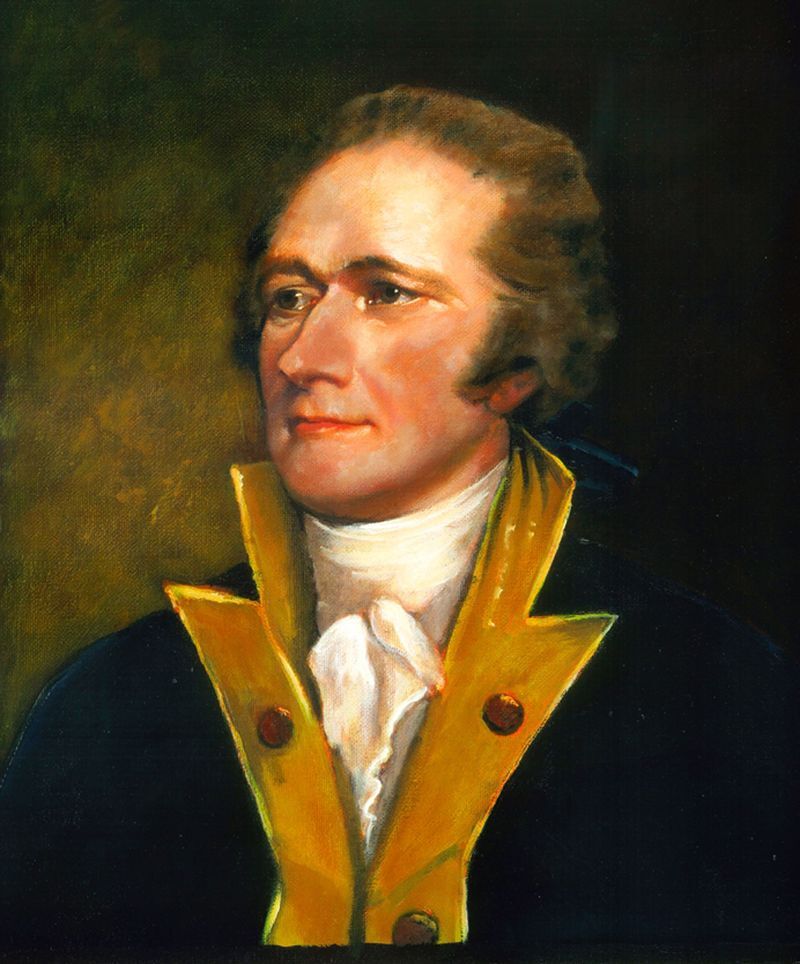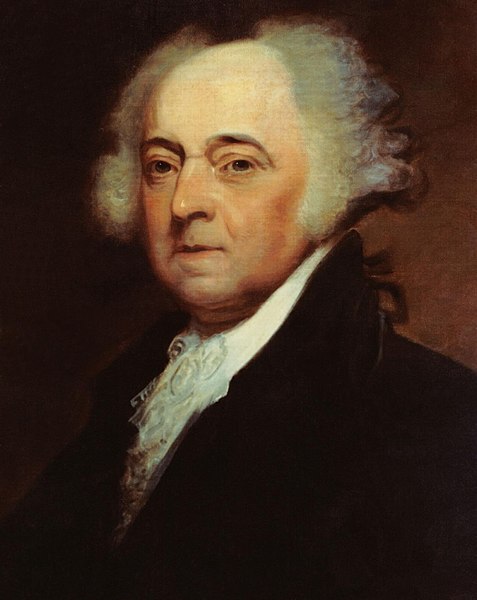Founding Fathers
From father’s day to the Founding Fathers
Although Father’s Day is now a few weeks behind us, the Fourth of July invites us to reflect once more on our fathers. Only this time, we are pondering the forebears of the United States of America. The Founding Fathers, who on this day in 1776 declared America a free and independent state, have intriguing histories with grooming. Here we take a closer look at a few of them.
Alexander Hamilton
Hamilton’s love-hate relationship with shaving is best remembered through his own words. On one occasion, he described a barber’s work as “[done] lightly and to a hair”. On other occasions, the experience was less favourably recalled, such as the time he was shaved by a barber “whose hand was so heavy that he had almost flayed my chin and head.” and “In the morning, my barber came to shave me and almost made me sick with his Irish brogue and stinking breath.”
Benjamin Franklin
Benjamin Franklin shared a wealth of observations with the world, his maxim on shaving, in particular, struck a chord of harmony with us: “Thus, if you teach a poor young man to shave himself, and keep his razor in order, you may contribute more to the happiness of his life than in giving him a thousand guineas. The money may be soon spent, the regret only remaining of having foolishly consumed it; but in the other case, he escapes the frequent vexation of waiting for barbers, and of their sometimes dirty fingers, offensive breaths, and dull razors; he shaves when most convenient to him, and enjoys daily the pleasure of its being done with a good instrument.”
Thomas Jefferson
Jefferson has one of the most interesting stories when it comes to all things razors. In fact, in the latter years of his life, Jefferson took to his bible with a razor, removing all of the miracles of Jesus and condensing the scripture to “forty-six pages, of pure and unsophisticated doctrines.” Well, that’s one way to cut through the rhetoric.
George Washington
Like all of the Founding Fathers, George Washington was a well-groomed gentleman. Many men in the eighteenth century would often travel with compact razor cases. These cases contained their personal shaving and grooming supplies. One such case, possibly belonging to George Washington and housed at Mount Vernon, contained this straight razor.

James Madison
Although a clean-shaven man like the other Founding Fathers, there is little record regarding the fourth US president and “Father of the Constitution” and his relationship with shaving. What we do know, however, is that James Madison put an advert into a Philadelphia newspaper. In it, he sought “A genteel servant who can shave and dress well.” From the first White House memoir written by black slave Paul Jennings, we know that Jennings himself was entrusted with the President’s preening.
John Adams
And finally, in a letter to his wife in 1776, John Adams fondly recalled a moment spent with his barber which left us all wishing for a barber like his!
“This curious character of a barber I have a great inclination to draw, for your amusement. He is a little dapper fellow, short and small, but active and lively. A tongue as fluent and voluble as you please, wit and will, and a memory or an invention which never leaves him at a loss for a story to tell you for your entertainment. He has seen a great company. He has dressed hair and shaved faces at Bath, and at Court. […] I believe you will think me very idle to write you so trifling a letter, upon so uninteresting a subject, at a time when my country is fighting pro-arts et focus. But I assure you I am glad to chat with this barber, while he is shaving and combing me, to divert myself from less agreeable thoughts. He is so sprightly and good-humoured that he contributes, more than I could have imagined, to my comfort in this life.”
Happy Fourth of July from HOMMAGE!





